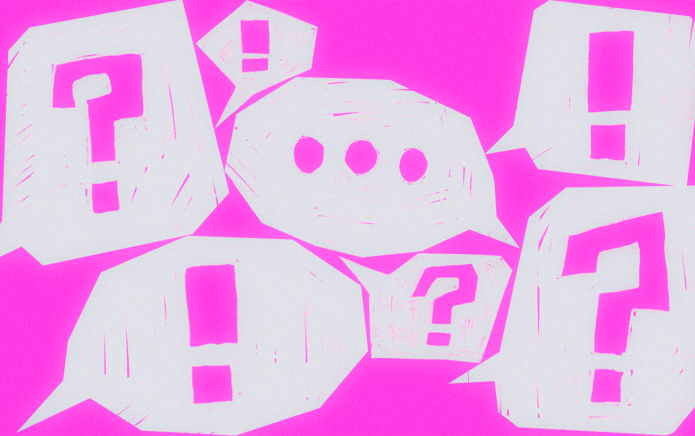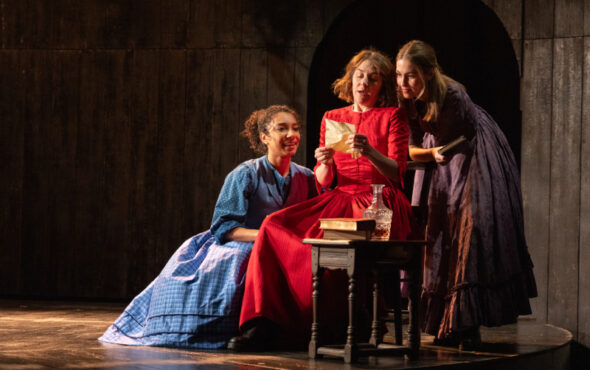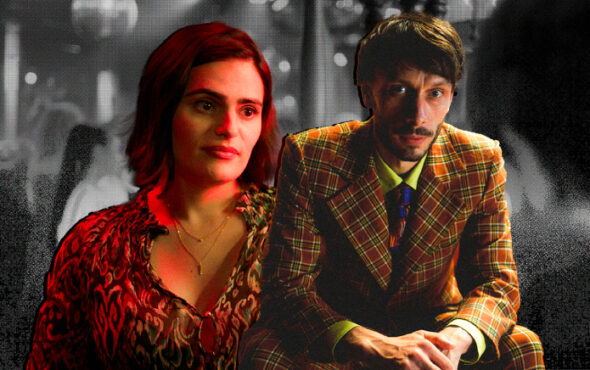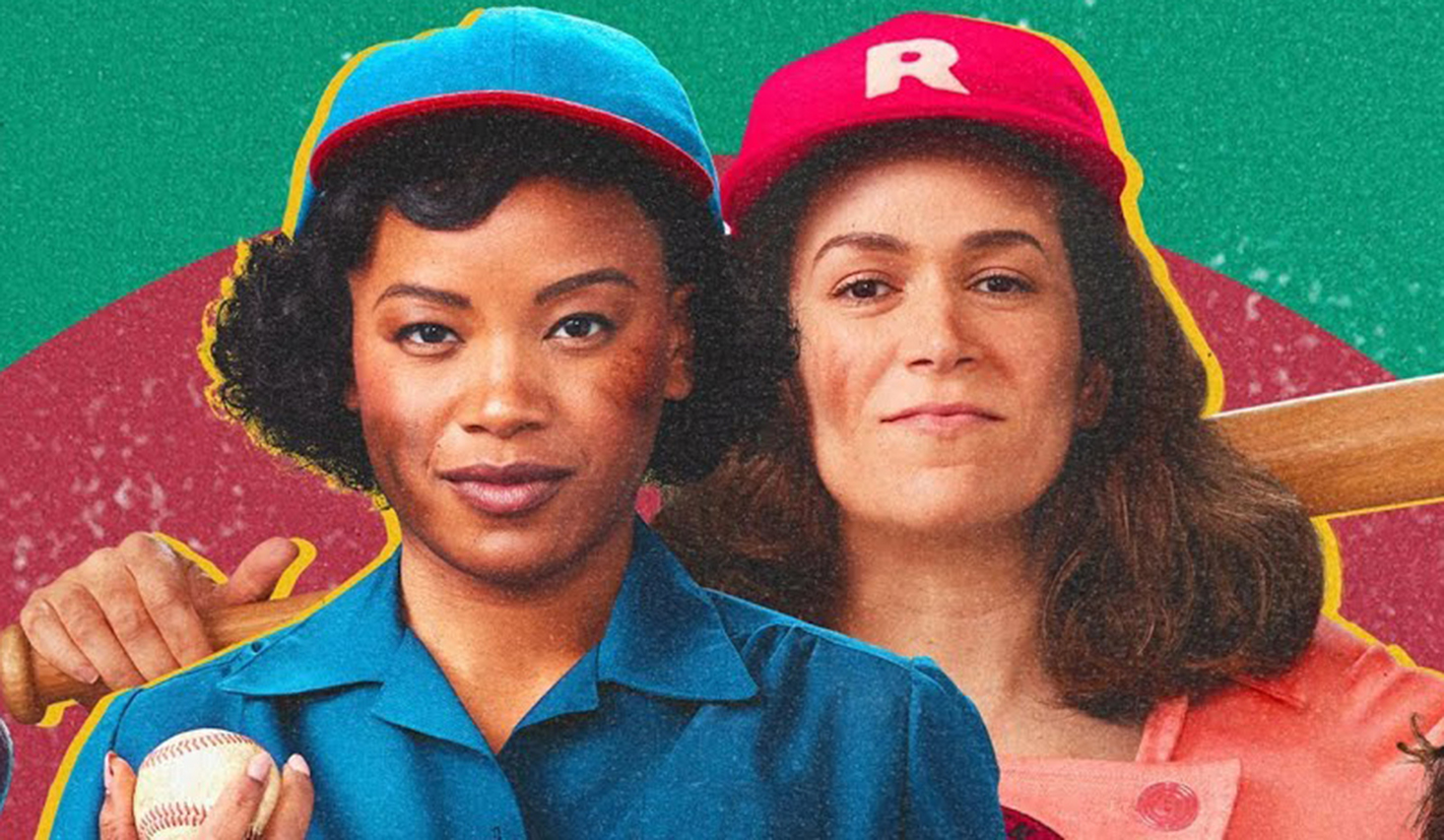
When A League of Their Own came out, like many other people, I eagerly tuned in. The promises of light-hearted sports team fun and authentic queer representation were definitely kept and I wasn’t disappointed.
I’m not really a sporty person, but I do like movies and TV with a sports theme. The high stakes competitions, team bonding and dramas are great fun to watch, even if I barely understand the rules of the games they’re playing!
As a kid I really enjoyed movies like Bend it like Beckham and She’s the Man, so it was great to find a new favourite in A League of their Own – a warm and touching series about the Peaches, a female baseball team in the 1940s.
Looking back at the long history of the real life baseball league on which the show is based, there are many stories that went underrepresented and untold until just recently. A League of Their Own connects some of these untold stories and gives us a wider view of the people involved in the league at the time, from the queer players and chaperones to the Black players denied the chance to even play.
The show nods to our deeply undertold LGBT+ history – much like Netflix documentary A Secret Love, about two former players in the league who had a hidden, long-term relationship. It also reminded me of the book Curveball, which tells the story of Toni Stone, one of the first three female players in the Indianapolis Clowns baseball team.
The joy of A League of Their Own is that there are many queer characters in the ensemble, each with different experiences and backgrounds. From Carson, who beginning the series is married to a man and discovers her queerness, to the self-assured Lupe and Jess who balk at being forced to wear dresses and Bertie a party-hosting, happily married trans man.
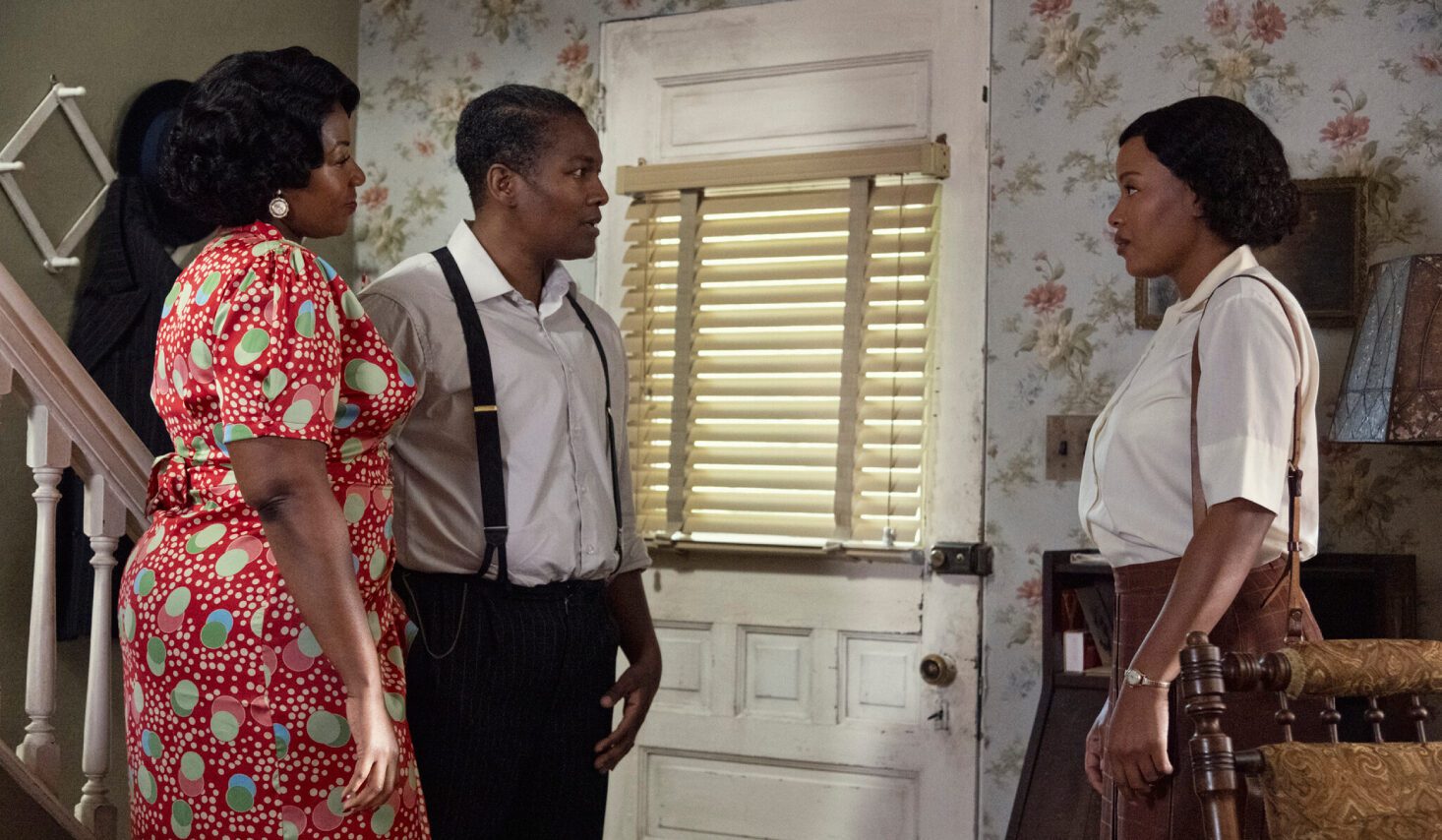
The inclusion of all these characters brings a relatability that extends far beyond just the characters’ gender or sexuality. It also does a great job of balancing the joys of baseball, women making history and queer relationships, with the tough realities of not being straight in the 1940s.
I particularly liked the moment in the show when Carson and Max compare experiences, and discuss how they are queer, but don’t feel like they are alike the other queer characters. It was really interesting to watch their strong friendship and the ease of talking between two queer people.
It reminded me of times I’ve had chats like that with my own friends, wondering where our places were in the community when we didn’t feel we fitted or were quite the same as the other LGBT+ people we knew of.
The ease of being able to explain different experiences of our identity to other queer people without having to always spell it out was something else I related to. It feels more genuine to have these elements on display in the show and I think that is why it works so well.
Characters like Lupe and Dottie are also important for the same reason. I think they are ahead of the curve in TV respresentation as characters who go beyond the frustrating and overdone stereotype of one-dimensional, man-hating or emotionless sport-loving lesbians that we’ve had to see on screen far too many times.
A League of Their Own shows us that there is more than one way to be queer and that we are multi-faceted. It feels like you’re watching friends you might be lucky to come across in real life. I know this is one I’ll be rewatching.
El volunteers with Just Like Us, the LGBT+ young people’s charity. They need LGBT+ volunteers aged 18-25 – sign up now to get involved.
